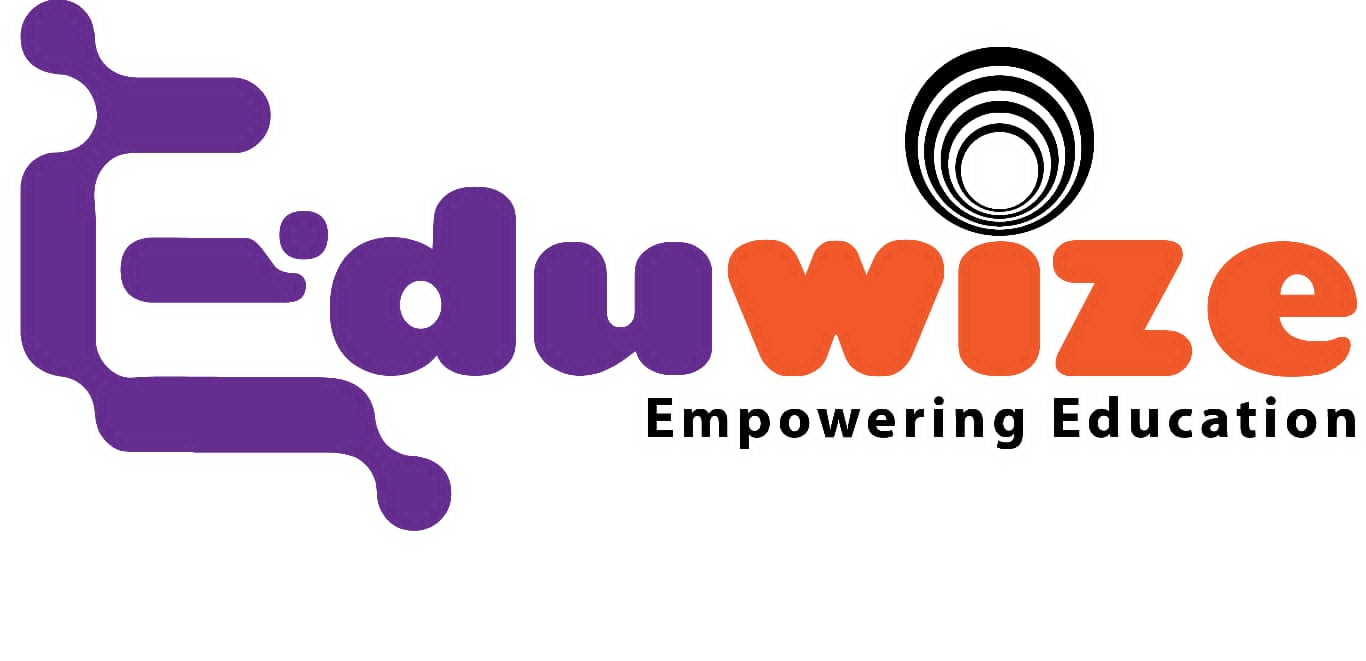| Course Name | : | Civil Engineering |
|---|---|---|
| Type | : | Under Graduation |
| Year of Approval | : | 1958 |
| Intake | : | 180 |
Program Educational Objectives (PEOs)
| PEO1 | To Provide the knowledge of mathematics, science and engineering fundamentals for solving civil engineering problems. |
|---|---|
| PEO2 | To enable the graduates to exhibit their technical knowledge and skills of recent practices to identify and solve civil engineering problems. |
| PEO3 | To enable the graduates to conduct and interpret the results of laboratory/ field experiments in basic sciences, engineering sciences and civil engineering. |
| PEO4 | To enable the graduate for pursuing higher education and lifelong learning. |
| PEO5 | To enable the graduates to acquire communication, team work and entrepreneurial skills along with the values of professional ethics. |
Program Specific Outcomes (PSOs)
| PSO1 | Plan, Analyse and Design buildings, Water supply and Sewerage systems, Hydraulic structures and Transportation infrastructure using sustainable materials and conceptual knowledge of Geotechnical engineering. |
|---|---|
| PSO2 | Conduct survey and Laboratory experiments/ field investigations and interpret the data for application to real life problems. |
| PSO3 | Prepare detailed estimate of civil Engineering works and execute the civil Engineering Projects with optimum resources using effective communication skills and Professional ethics. |
Program Outcomes (POs)
| PO1 | Engineering knowledge: Apply the knowledge of mathematics, science, engineering fundamentals, and an engineering specialization to the solution of complex engineering problems. |
|---|---|
| PO2 | Problem analysis: Identify, formulate, review research literature, and analyze complex engineering problems reaching substantiated conclusions using first principles of mathematics, natural sciences, and engineering sciences. |
| PO3 | Design/development of solutions: Design solutions for complex engineering problems and design system components or processes that meet the specified needs with appropriate consideration for the public health and safety, and the cultural, societal, and environmental considerations. |
| PO4 | Conduct investigations of complex problems: Use research-based knowledge and research methods including design of experiments, analysis and interpretation of data, and synthesis of the information to provide valid conclusions. |
| PO5 | Modern tool usage: Create, select, and apply appropriate techniques, resources, and modern engineering and IT tools including prediction and modelling to complex engineering activities with an understanding of the limitations. |
| PO6 | The engineer and society: Apply reasoning informed by the contextual knowledge to assess societal, health, safety, legal and cultural issues and the consequent responsibilities relevant to the professional engineering practice. |
| PO7 | Environment and sustainability: Understand the impact of the professional engineering solutions in societal and environmental contexts, and demonstrate the knowledge of, and need for sustainable development. |
| PO8 | Ethics: Apply ethical principles and commit to professional ethics and responsibilities and norms of the engineering practice. 9. Individual and team work: Function effectively as an individual, and as a member or leader in diverse teams, and in multidisciplinary settings. |
| PO9 | Individual and team work: Function effectively as an individual, and as a member or leader in diverse teams, and in multidisciplinary settings. |
| PO10 | Communication: Communicate effectively on complex engineering activities with the engineering community and with society at large, such as, being able to comprehend and write effective reports and design documentation, make effective presentations, and give and receive clear instructions. |
| PO11 | Project management and finance: Demonstrate knowledge and understanding of the engineering and management principles and apply these to one’s own work, as a member and leader in a team, to manage projects and in multidisciplinary environments. |
| PO12 | Life-long learning: Recognize the need for, and have the preparation and ability to engage in independent and life-long learning in the broadest context of technological change. |




